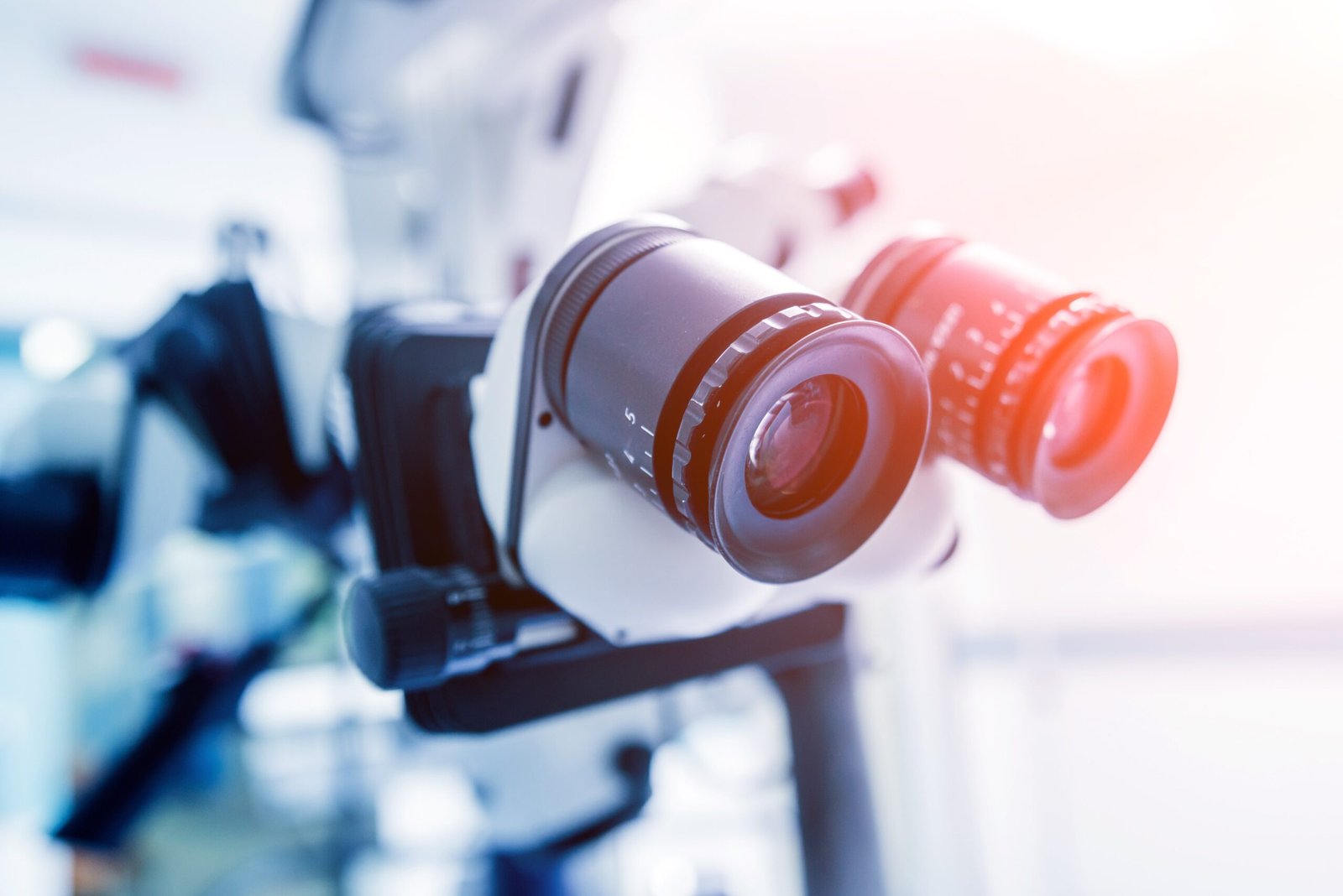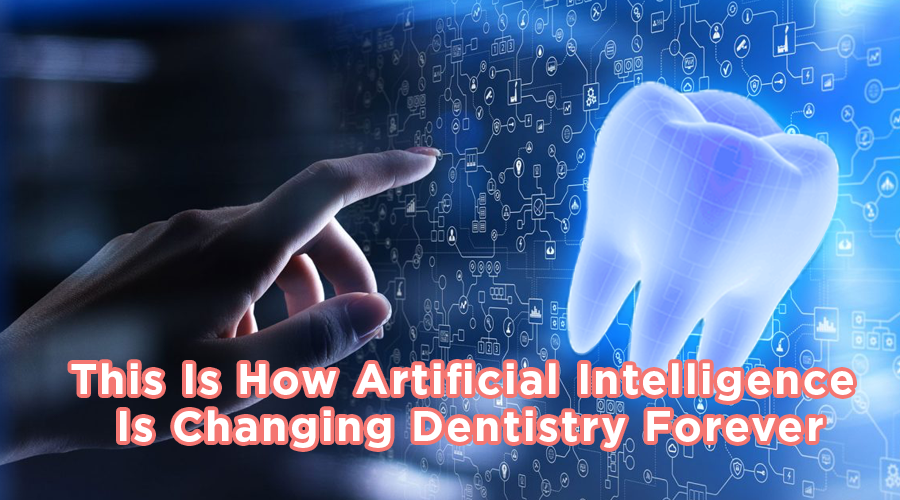Many devices, tools, equipment, etc., help everyday workers like dentists execute their daily jobs successfully, decreasing any potential risk for their health and well-being, but what about artificial intelligence? Technology, followed by AI dentistry goes hand and hand. Both have been rapidly generating traction among the researchers covering this field. The people, in general, have been setting an eye out for this tech.
The dentistry field, especially AI dentistry, produces intuitive devices and instruments to help dentists continuously create the best results available in this field. As many of you may know, all fields of electronic devices have opted for and coped well with artificial intelligence with great enthusiasm and excitement as this innovation has provided an excellent environment for healthy competition.
Fields of dental science are no exception.

Any individual can use any device by using it for its main purpose. You must apply a certain amount of force to use it, but what about tools you cannot physically manipulate?
Many dental facilities now know that with the numerous patients they handle simultaneously, demand has increased for documented data to be available in a blink of an eye.
That is why the demand for these types of technologies (AI dentistry) is vital for dental clinics that want to stay in the game.
Intelligent software now more than ever is required to manage all the patients’ files and requirements to save and compile large amounts of data. These would include:
- Photos
- Schedules
- Treatments
- Medical conditions
That is where AI dentistry comes in, as it provides helpful support for dental surgeons without even having to move a finger.
Artificial intelligence dentistry is intelligence that produces digital information that provides any amount of data required for any field of work, including:
- Computing
- Automotive
- Entertainment
What is ArtificialIntelligence in Dentistry?
When we think about artificial intelligence or AI, awesome ideas often pop into our minds. We can imagine entire worlds of fantastic things, such as robots having full conversations with us. But it turns out the artificial intelligence is more popular and less mesmerizing than most of us have thought.
Artificial Intelligence includes an extensive spectrum of emerging technologies that keep influencing daily lives. The evolution of AI analyzes big data possible, which gives reliable information and improves the decision-making process. So, AI is a technology that influences the dental care field because of the need for accurate diagnosis and superior patient care.
To understand the trend of AI in dentistry, electronic searching was done, combined with approaching individual companies to get the details of AI-based services. If you are familiar with history, you will probably know that barbers used to pull out teeth from random people back in the day because there was no other way to do it.
But today, with the current AI applications in clinical dentistry, the future of the AI-based comprehensive dental care systems is expected to establish high-quality patient care, facilitating advanced decision support devices and tools.
Down Sides to AI Dentistry
This by no means that artificial intelligence dentistry will replace a professionally developed dental surgeon with years of training and experience. Instead, it’ll be crucial to be on par with the benefits the technology advancements will provide for future dental practices.
Since the beginning of the creation of the field of science, technologists and researchers have been trying to resolve the high complexity that is the human brain. The trillions of neurons that cement the mind’s basis have perplexed the scientific community as a whole. Which begs the question, will AI ever reach the complex composition of the brain that is so simple yet so intriguing.
Like any other tool, artificial intelligence has its ups and its downs. The negative side to AI is when it may possibly have insufficient data files of information required to perform correctly. In other cases, the data recollected by the AI may be inaccurate to what is necessary or representing incorrect displays of information.
This means that the following dentists in their respective dental fields could struggle with the information provided, plus the learning curve involved.

- General dentists perform regularly scheduled routine dental exams as well as regular teeth cleanings. They do not implement sophisticated appliances. But it would be optimal if they were to do so.
- Prosthodontists (Repair any side of the jaw bone and repair individual or numerous sets of teeth. Perform improvements to the appearance of the patient’s teeth as well as cosmetic dentistry. Other specialties they execute are diverse types of veneers plus teeth whitening.
- Oral surgeons/pathologists specialize in techniques involving oral diseases located in the teeth and jaw bone. They also perform surgical operations and, in rare cases, operate near the patient’s nose, cheeks, ears, and throat.
- Endodontists treat nerve issues under or surrounding inferior as well as superior teeth. They are also qualified to carry out and complete root canals that are crucial to remove accumulated decay around a tooth’s nerve effectively.
- Periodontists treat and fix any anomalies like problems or harmful diseases involving the gums. As we mentioned before, dentists who operate on more general horizon support and promote gum disease prevention. At the same time, periodontists provide treatments for progressive gum disease.
- Orthodontists treat and specialize in the alignment of teeth and jaw structures utilizing well-known devices like retainers, braces, wires, and other similar gadgetry.
- Pediatric dentists specialize in general dental care and basic treatments for children who have developed most of their first teeth.
These specialists in their respective fields of expertise must, without a doubt, direct their sights on accepting these new implementations towards dentistry.
Clinicians must show interest if they want to continue providing dental care in the near future if they wish to continue.
Dental surgeons must focus on these new technologies to recollect all the information they require. And data they can obtain to fully comprehend and effectively implement them to use them in the future correctly.
If the dentists of today can learn tomorrow’s techniques, they will be able to continue exercising and provide better dental care to their patients.




Leave a Reply